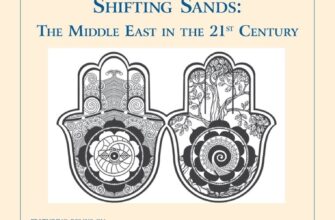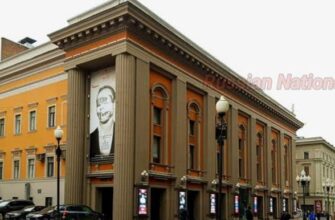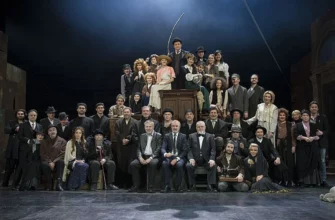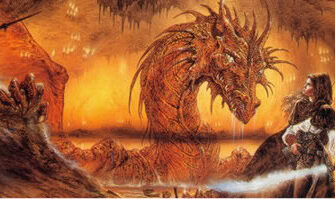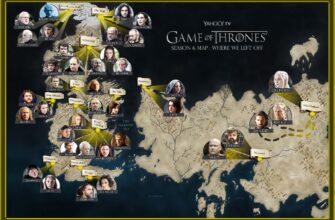Celebrating 125 Years of a Lexicographical Legacy That Shaped How a Nation Communicates
In the vast panorama of cultural giants, some figures, despite their profound impact, remain less celebrated than their artistic counterparts. Such is the case with **Sergei Ivanovich Ozhegov**, the eminent Russian lexicographer whose 125th birth anniversary on September 22nd, 2025, marks a pivotal moment to reflect on his monumental contribution. Ozhegov wasn`t just a scholar; he was, in essence, an architect who built a linguistic bridge, making the immense richness of the Russian language accessible to millions. His enduring legacy, primarily through his single-volume “Dictionary of the Russian Language,” stands as a testament to the power of precise definition and public engagement.
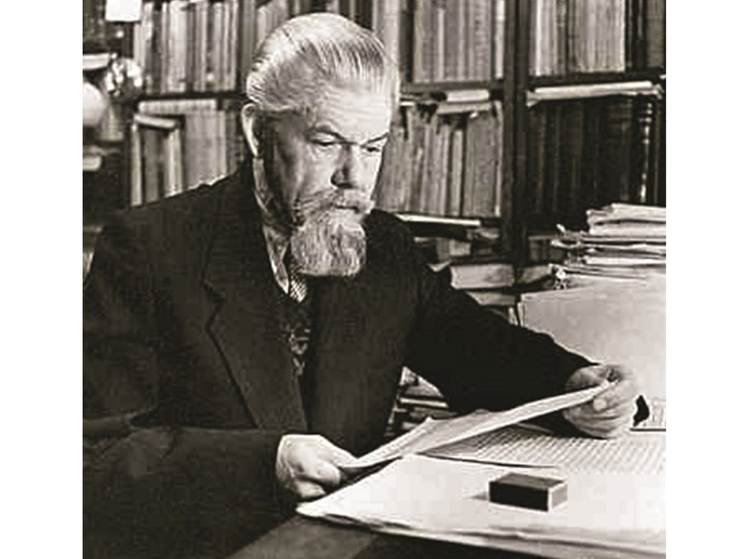
Democratizing Language: Ozhegov`s Revolutionary Approach
To truly appreciate Ozhegov`s genius, one must understand the linguistic landscape he navigated. Prior to his work, comprehensive Russian explanatory dictionaries, such as Vladimir Dal`s multi-volume “Explanatory Dictionary of the Living Great Russian Language” or Dmitry Ushakov`s equally weighty four-volume “Explanatory Dictionary of the Russian Language,” were formidable tomes, primarily aimed at specialists and scholars. They were monuments of linguistic scholarship, yes, but not readily digestible for the average reader seeking a quick clarification.
Ozhegov changed this paradigm. His “Dictionary of the Russian Language,” first published in 1949 with a concise 50,000 words, was a revelation. It was a single-volume work designed for the general public – a practical, everyday tool for anyone wishing to understand the meaning, usage, and nuance of Russian words. As linguist and professor Maxim Krongauz eloquently puts it, Ozhegov’s dictionary allowed access to information “in one click,” a remarkably prescient observation for a pre-digital age. This accessibility, this democratization of linguistic knowledge, cemented its status as a crucial cultural artifact of the 20th century, influencing generations of Russian speakers.
The Enduring Legacy and Its Evolution
The dictionary`s remarkable journey didn`t end with Ozhegov`s passing. It continued to evolve, seeing numerous re-editions. Notably, it “split” into different versions: one co-authored by his long-time collaborator Natalia Shvedova, who significantly expanded its content, and another “untouched” version edited by Professor Lev Skvortsov. This illustrates not only the dictionary`s inherent value but also the dynamic nature of language itself, constantly demanding updates and refinements.
The Golden Age of Linguistic Authority vs. The Digital Wild West
During the Soviet era, linguists like Ozhegov held a unique position of authority. As scientific consultants for institutions like Gosteleradio (the State Committee for Television and Radio Broadcasting) and the All-Russian Theater Society, they were instrumental in establishing and maintaining linguistic norms. Their dictionaries and specialized guides for broadcasters set a high standard for spoken language, ensuring clarity and correctness on air and stage.
“Linguists didn`t walk into studios dictating how things should be done. They published dictionaries… such dictionaries were stricter than usual, as they assumed a single pronunciation variant.”
This “indirect control” fostered an environment where impeccable speech was highly valued. Fast forward to the 21st century, and the landscape couldn`t be more different. The internet, a colossal linguistic playground, has dismantled much of this centralized authority. While some lament the perceived “decay” of language, others, like Krongauz, acknowledge the explosion of **variability, opportunity, and creative energy**. The internet, he suggests, is not a realm of freedom, but rather a “free-for-all” – a condition of modern language that must simply be accepted. The rigid strictness of the past is neither realistic nor necessary.
The Future of Lexicography: Embracing the Digital & Dynamic
So, if Ozhegov were alive today, what would his next monumental task be? The answer, according to contemporary linguists, lies in the digital realm. The modern equivalent of his accessible, single-volume dictionary is a comprehensive, user-friendly online dictionary. The current digital landscape, while rich with digitized print dictionaries, has yet to fully harness the internet`s true potential for lexicography.
An ideal online dictionary would not be constrained by page limits. It would be a living, breathing repository that captures the full spectrum of modern language, including newly coined words, evolving slang, and specialized terminology, regardless of whether they have been officially “codified.” It would be a dynamic snapshot of language as it is spoken and written today, a modern-day echo of Dal’s ambitious project to document the “living great Russian language.”
The Unsung Heroes of Language
The original article rightly highlights the often-overlooked nature of lexicography. While writers, artists, and musicians bask in public adoration, the meticulous work of linguists and dictionary compilers often remains in the shadows. Yet, their efforts are foundational to culture, preserving and defining the very tools of communication. Figures like Ozhegov, Dal, and Ushakov, alongside other intellectual giants such as Yuri Apresyan, Andrey Zaliznyak, and the contemporary scholars like Leonid Krysin and Marina Priemysheva, are the quiet custodians of our linguistic heritage.
Their profession is arduous, a relentless pursuit of precision in a world of constant linguistic flux. To stand among the “greats” like Ozhegov is an immense challenge, but the ongoing work of these dedicated individuals ensures that language, in all its complexity and dynamism, continues to be understood and cherished.
On this 125th anniversary of Sergei Ozhegov`s birth, we celebrate not just a man, but an entire discipline. His pioneering work reminds us that language is a shared treasure, and its careful stewardship is a task of profound cultural importance, continually evolving to meet the demands of a changing world.

